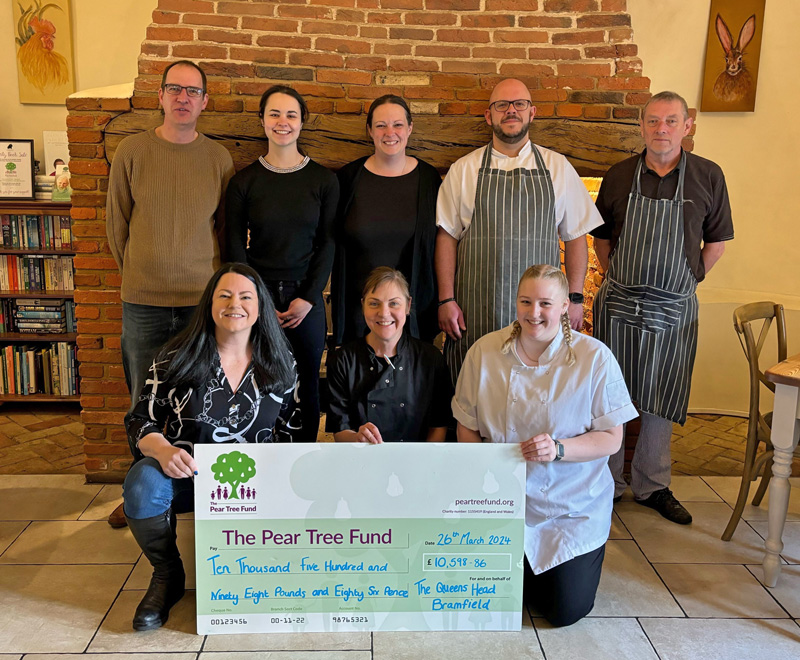Any parent knows that when their child is ill they want the right medical help fast.
Now NHS Norfolk has brought together doctors, nurses, parents and the staff who commission health services to begin a major review of the best way to provide the right help and information.
Under the spotlight are a range of common medical conditions which children are susceptible to, such as coughs and colds, tummy upsets, wheezes and temperatures.
The aim is twofold: To make sure parents receive correct and consistent information on how to treat their young one and also to make sure medical staff throughout Norfolk are consistent in the treatment they provide.
A major conference has just been held in Norfolk at which doctors, nurses, consultants, national experts and the people who commission healthcare for the county came together to share their ideas.
NHS Norfolk’s Commissioning Manager for Children’s Services, Helen Jackson said: “We know how worrying it is for parents when their child becomes ill.
“We also know that unless they are confident that they have the correct advice and information to support them they might feel they have no alternative than to drive in the middle of the night to a hospital or call an Out of Hours GP which can be both unnecessary and frightening for them.
“This is why we have called together experts in the health system to conduct a very extensive review of the care we provide, the consistency of care we provide and the information we give to parents.”
The review is expected to lead to very clear guidance for parents on what to do if their child has one of the common ailments. In most cases parents will be given the support and reassurance they need to treat their child at home, following the national Choose Well initiative.
However if they do need to ask for assistance from a medical expert, NHS Norfolk wants to ensure GPs across the county have a consistent “pathway” to follow with very detailed clinical guidance to help them manage the condition.
One common illness which the experts will look at is gastroenteritis – diarrhea and vomiting. It is usually mild – certainly unpleasant and distressing – but it normally does not last long or cause serious problems.
However a small number of children can become dehydrated and as a result, about 1.5% of all childhood cases of gastroenteritis in England will require hospital treatment.
In many cases, clearer and consistence guidance to parents will help prevent children from spiralling into dehydration and reduce their distress.
If the child does need medical assistance then, for example, every GP would have exactly the same, up to date and very detailed clinical guidelines to ensure the cases is managed in the most appropriate way.
Helen Jackson said: “Anything which can be done to help parents and clinicians manage a condition without the need to be admitted will mean a speedier recovery and minimise distress.
“We want to learn from best practice across the country. We shall want to talk in great detail to clinicians, parents and young people and make sure the care we provide meets their needs.”
The review and ongoing development is being carried out with the support of the NHS Institute for Innovation and Improvement.
NHS Norfolk is hoping that implementing new initiatives will take place later this year.










